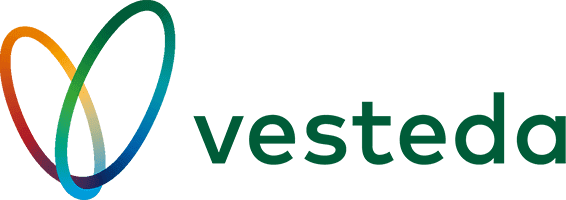Footer
Contact
Vesteda Annual Report 2024
Message from the Management Board
We are pleased to present you with our annual report 2024, in which we describe the key developments and account for our financial and ESG performance.
About Vesteda
Vesteda is a residential investor and landlord that focuses on sustainable homes for middle-income households. Vesteda invests funds for institutional investors, such as pension funds and insurance companies.
Portfolio overview
Key figures
Note: Direct return and capital growth might not add up to total return as a result of time-weighted averages on a monthly basis.
Strategy
Ambition With ‘Housing as a force for good’ as its guiding principle, Vesteda wants to use its 28,000 homes as a way to bring about positive change in society.
Market developments
The housing market started to recover and showed growth throughout the year.
Units
The total number of residential units stood at 28,069 at year-end 2024, an increase of 394 units compared with year-end 2023. In 2024, we added 1,094 new-build homes, sold 701 units and reclassified one unit as a residential unit.
Segmentation
At year-end 2024, 92% of the investment portfolio was located in Vesteda’s primary regions, due to the relative high inflow and some outflow in primary regions, the exposure to primary regions increased with 1%.
